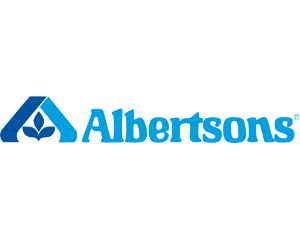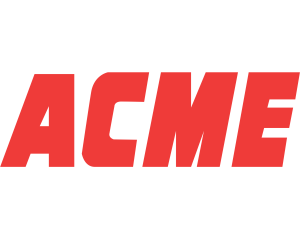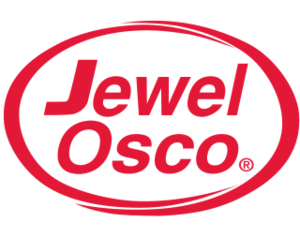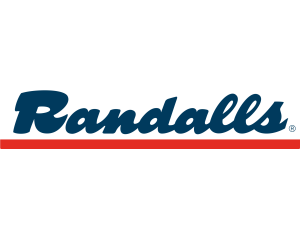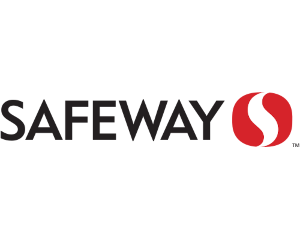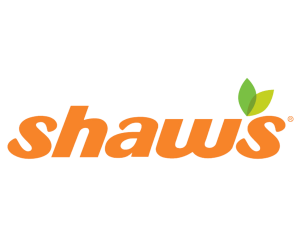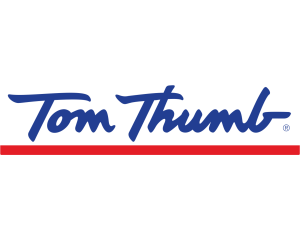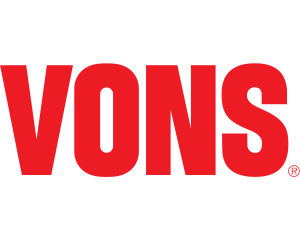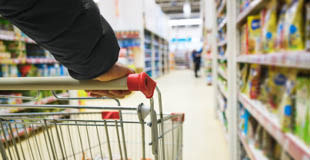Subsidiaries of Albertsons
- ACME Markets
- Albertsons Market
- Amigos
- Andronico’s
- Carrs
- Haggen
- Jewel-Osco
- Lucky
- Market Street
- Pavilions
- Randalls
- Safeway
- Shaws
- Star Market
- Tom Thumb
- United Supermarkets
- Vons
Key Findings
- Albertsons has a written chemical policy and has taken action under it to address chemicals of high concern (CHCs) in some of its private-label products. The retailer encourages, but does not require, any branded products to address CHCs in the products it sells.
- Testing commissioned in 2019 by the Mind the Store campaign and Toxic-Free Future identified the likely presence of PFAS in some tested samples of Albertsons private-brand products, and in response, the retailer worked with its suppliers to eliminate a PFAS coating from some bakery and prepared food packaging (cake plates), which is a positive step forward.
- In the last year, Albertsons has not reported any progress or made public facing improvements to its policies.
Recommendations for Albertsons
- Albertsons can make progress by explaining the scope of its safer chemicals policy to all private-label as well as branded products, developing and enforcing a public beyond restricted substance list (BRSL), and setting public quantifiable goals with clear timelines for reducing and eliminating chemicals of high concern (CHCs).
- We urge the company to eliminate and safely replace any toxic indirect food additives that may be in food contact materials, especially in branded products, with special attention to any bisphenols and per- and polyfluoroalkyl substances (PFAS) that may be in food packaging and other food contact materials as well as any phthalates that may be in food and food contact materials in its supply chain. The company should also eliminate plastics of environmental health concern (PEHCs) from its product and packaging materials, and should take swift action to eliminate and safely replace key chemicals of concern from the beauty products of environmental justice concern that it sells. Albertsons should publicly disclose the alternatives used to replace CHCs after eliminating them.
- The company should become a signatory to the Chemical Footprint Project and pilot it with key private label suppliers.
Grade History
How does Albertsons compare to its competitors?
Analysis of Albertsons
Oversight: Established management responsibilities and incentives
Disclosure: Requires suppliers to report use of chemicals in products to retailer
Action: Reduced or eliminated chemicals of high concern (CHCs) or plastics of environmental health concern (PEHCs) within the last three years
Safer Alternatives: Evaluates safer alternatives, avoids regrettable substitutes
Transparency: Demonstrates a commitment to transparency and public disclosure
Third-party Standards: Promotes credible third-party standards for safer products
Extra Credit:
Joint Announcement: Public commitment demonstrated through joint announcement
Continuous Improvement: Shows continuous improvement by steadily expanding safer chemicals policy
Collaboration: Actively participates in collaborative process to promote safer chemicals
Impact Investment: Investing financial resources into independent research into safer alternatives and/or green chemistry solutions
